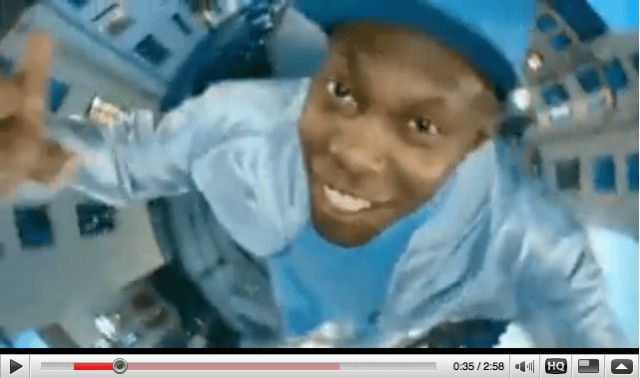
Eight months after letting its PRS For Music license expire in protest at “ridiculous” rates, YouTube has agreed new terms with the UK music royalty collector, meaning the reintroduction of thousands of official music videos.
New terms have not yet been disclosed but will be backdated to January, when YouTube’s license expired. In May, PRS halved its on-demand streaming music rate from £0.0022 to £0.00085 per track, effective July 1 and lasting for three years, but it’s unclear whether this is the new arrangement by which YouTube will be governed.
The importance of YouTube plays to artists’ PRS income can’t be underestimated – some 14 million YouTube plays accounted for a whole 40 percent of the total transactions PRS processed between July and September 2008. YouTube also gets a share of affiliate revenue sent from official music videos to iTunes Store and Amazon (NSDQ: AMZN) MP3.
Growing traffic and track plays, coupled with the advertising recession, had started to threaten ad-supported music services, with Last.fm and We7 recently introducing part-subscription offerings to offset the situation. The services had argued that, by reducing its rate, PRS could grow its overall income, which is handed back to artists and others, but PRS had maintained artists’ deserve fair recompense.
The video site had blocked access to thousands of “premium” music videos (that is, labels’ official vids, or user videos “claimed” by labels) in March, when GooTube’s EMEA partnerships director Patrick Walker told me: “The rates that they